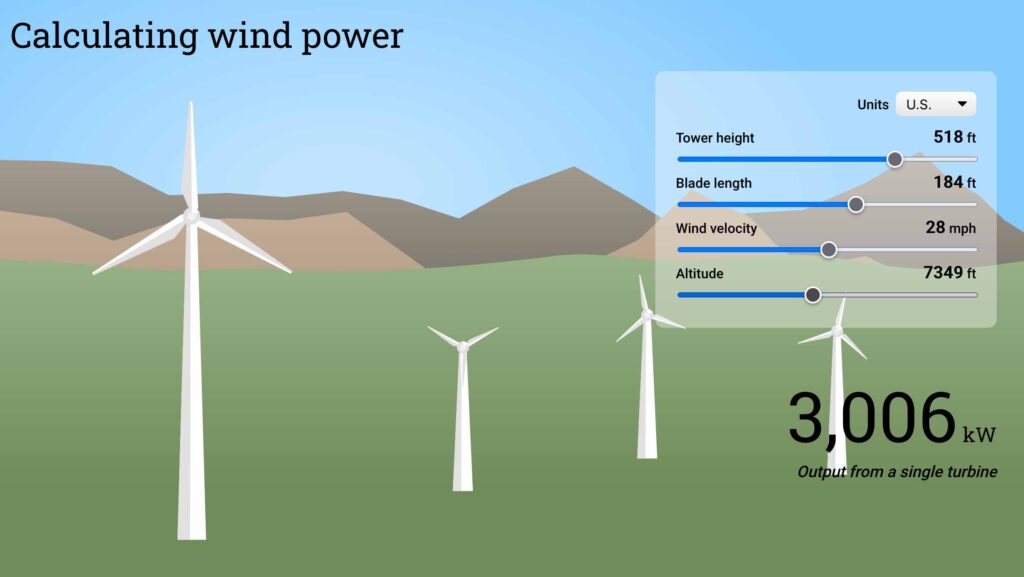A recent study published in ‘物联网学报’ (Journal of the Internet of Things) has unveiled groundbreaking advancements in the application of edge-cloud collaborative intelligence (ECCI) technologies within power grids. As the Internet of Things in electricity (IoTE) continues to evolve, the demand for efficient data processing at the network edge is becoming increasingly critical. The study, led by Qing Han, addresses these challenges head-on, highlighting the potential of ECCI to revolutionize the energy sector.
With the proliferation of intelligent edge devices, the volume of data generated at the network’s edge is growing exponentially. Traditional cloud computing systems struggle to keep pace, often resulting in bottlenecks that can hinder real-time data analysis and decision-making. “ECCI technologies can significantly outperform cloud computing in terms of network bandwidth savings, delay reductions, and privacy protection,” Han explains. This capability is particularly vital for power grids, where timely and secure data processing can enhance operational efficiency and reliability.
The research outlines the unique characteristics and advantages of ECCI, emphasizing its applicability in various scenarios within power grids. By integrating edge computing capabilities with cloud resources, energy companies can optimize their data management strategies. This approach not only streamlines operations but also reduces operational costs, making it a compelling proposition for businesses looking to enhance their technological infrastructure.
The study also delves into key technologies integral to ECCI applications in power grids. For instance, it proposes innovative solutions tailored to two specific use cases, demonstrating how ECCI can be implemented effectively. These insights could pave the way for smarter grid management systems that respond dynamically to real-time data, ultimately leading to improved energy distribution and reduced outages.
Looking ahead, the implications of this research are profound. As power grids become more interconnected and reliant on data-driven decision-making, the ability to process information at the edge will be crucial. Han’s findings suggest that ECCI could play a pivotal role in shaping the future of energy management, driving advancements that promote sustainability and resilience in the face of increasing demand.
As the energy sector continues to embrace digital transformation, the insights from this study could inspire a wave of innovation, encouraging utility companies to invest in ECCI technologies. The potential for enhanced operational efficiency and cost savings makes this an exciting area for further exploration.
For those interested in the forefront of energy technology, Qing Han’s research offers a glimpse into a future where edge-cloud collaborative intelligence could redefine how power grids operate. To learn more about Han’s work, you can visit their affiliation at lead_author_affiliation.




